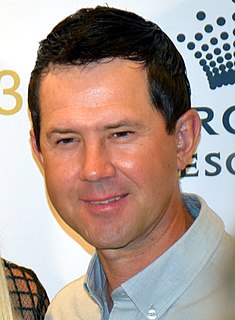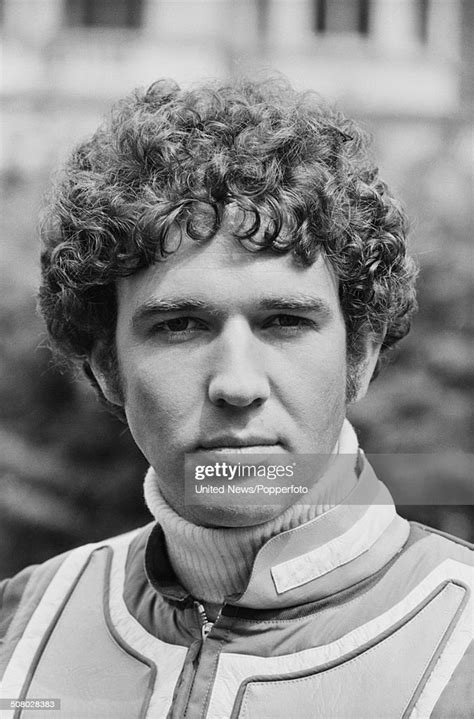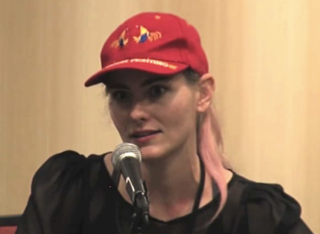A Quote by Clayton M. Christensen
Most people have never thought through how they're going to allocate their time. You need to make a decision in advance.
Related Quotes
I found every single successful person I've ever spoken to had a turning point. The turning point was when they made a clear, specific unequivocal decision that they were going to achieve success. Some people make that decision at 15 and some people make it at 50, and most people never make it at all.
I have thought about this issue of abortion time and again. It is not an easy issue for most people. I came to believe over the years that a woman should be able to make this agonizing decision with her doctor and her family and her conscience, and that we should be very careful that we don't make that decision a crime except in the most extreme circumstances.
In a large pharmaceutical company, where it's a big bet, you're going to need finance people to be involved in the decision-making because the investment can run into the hundreds of millions of dollars. You're going to have to run scenarios. You might even need agreement from the C.E.O. to make that type of decision. If it's an incremental, low-cost decision in a marketing-oriented company, it may be a very different set of stakeholders a lot further down in the organization.
People seem to think that my movies are so carefully coordinated and arranged - and in a lot of ways, they are - but every single time I make a movie, I feel that every director makes these choices. You make choices about your script, you make choices about your actors, and how you're going to stage it, and how you're going to shoot it, and what the costumes are going to be like, and in every single detail, you make that decision. And for me, what ends up happening is, I wind up surprised at the combination of all these ingredients. It never is anything like what I expected.
Any individual decisions can be badly thought through, and yet be successful, or exceedingly well thought through, but be unsuccessful, because the recognized possibility of failure in fact occurs. But over time, more thoughtful decision-making will lead to better overall results, and more thoughtful decision-making can be encouraged by evaluating decisions on how well they were made rather than on outcome.
I think that's something that investment banks have worried about for a long time and are continuing to worry about, but it's not an easy solution when you have lots of people betting the company's money, how do you really allocate those risks? How do you make sure that the people that take the risks are feeling the risks in an appropriate kind of fashion?
Many people say, "Well, I'd love to make a decision like that, but I'm not sure how I could change my life." They're paralyzed by the fear that they don't know exactly how to turn their dreams into reality. And as a result, they never make the decisions that could make their lives into the masterpieces they deserve to be. I'm here to tell you that it's not important initially to know how you're going to create a result. What's important is to decide you will find a way, no matter what.
Americans need help understanding their world now more than ever. [TV] believes it's filled its obligation to the public because it's presented both sides. But most of what we're living through now has multiple sides, and those sides, if you take the extreme oppositional views, have to be brought together for people to make a decision about how to act on the information.

































